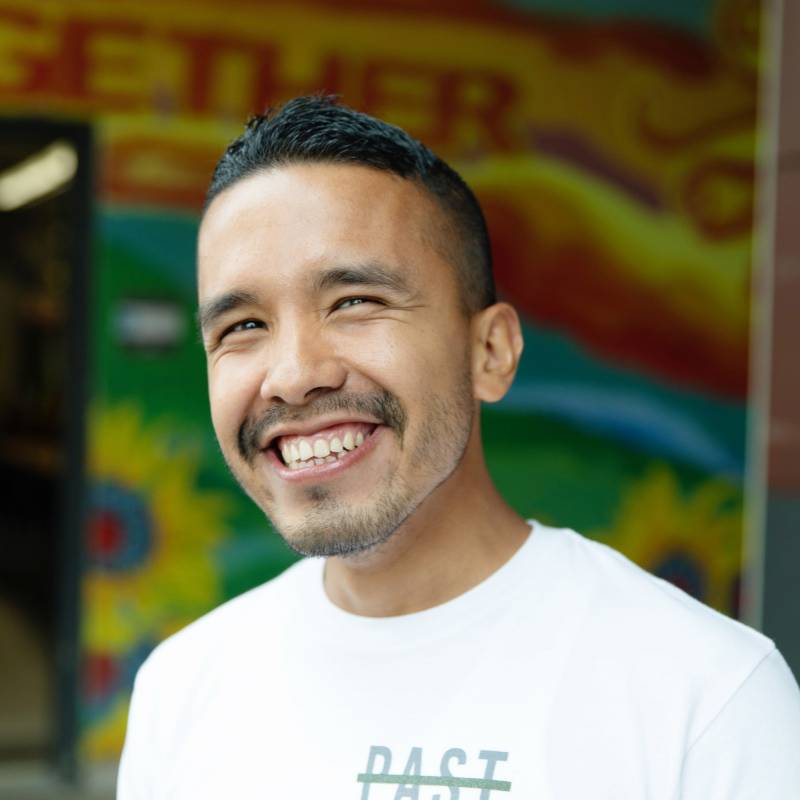A visit to a juvenile detention facility reminds Jaime Flores why programs to support young people are so important.
I became aware of the personal and collective costs of disconnection when I walked into a detention center. Some call these places juvenile hall. In each unit there were young men and women out of school. From what I saw, youth only had an hour to go outside and spent their days in a 6‐by‐8‐foot box that did not have much inside. There was only a bunk, sink and a metal door with no natural light. Food given through a small slot. Roaches and ants would also make their way in. I wouldn’t want to be in a place like that.
While I’m not them, I’m an adult. These are kids who are out of school and out of work.
It was also the first time I visited California county juvenile jails, but in a sense, I had been there before. As a teenager living in a low‐income neighborhood, I remember thinking to myself, “There has to be something more out there than this.” I worked any job I could get to cover rent, put myself through school, working weekends, housekeeping and delivering products. I did not see the services I wanted to see, so I took whatever was near distance and possible for me to manage to go to school and work. But I wish I had the healthy food choices that I tried to find, and the jobs and services that could teach me how to create and run programs. These challenges and the process of transition to adulthood have an extra dimension for young people who are in juvenile halls and are managing the move from these places.
The lessons we are all learning are not new and are important in overcoming these problems. It is the reality of young people who are disconnected and have very little happening for them.
And now, it has gotten complicated with the interruption of schools and services.
